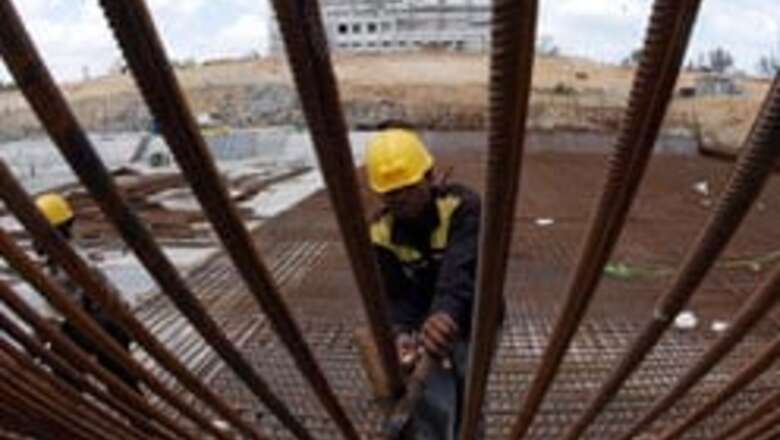
views
New Delhi: Backslapping after India took a step towards a seat at the energy top table when the US Congress passed a landmark nuclear cooperation bill was mixed on Saturday with concern the laws may not live up to the hype.
A compromise bill, which sailed through the House of Representatives late on Friday and the Senate a few hours later, is a major step toward allowing the sale of US-made nuclear reactors and fuel to India.
It reverses 30 years of US policy that, until July 2005, opposed nuclear cooperation with India because the country developed nuclear weapons in contravention of international standards and never signed the Non-proliferation Treaty (NPT).
"The fact that the US is now willing to change 30-year-old laws despite the deep conviction that many lobbies in the Congress and the US have about non-proliferation is a real achievement," said defence analyst Uday Bhaskar.
But an agreement first reached by the leaders of both countries in July 2005 was amended as it passed through the US legislature to address lawmakers' concerns.
"Once the Americans began addressing their domestic constituency they had to make the deal palatable," Brahma Chellany, analyst at the Centre for Policy Research.
India has not been promised an assured supply of fuel for new reactors, and has not been given the right to dispose of spent fuel either by reprocessing or shipping it out, he said, adding that these could turn out to be significant handicaps.
"Before it starts importing billion-dollar reactors it needs to sort out these issues," he said.
American critics have decried the bill — which is due to be signed into law by President George Bush — as a mistake that undermines efforts to curb the spread of nuclear weapons.
PAGE_BREAK
But the Bush administration insisted that civil nuclear commerce to expand India's electricity generation fosters a broad range of ties with the world's largest democracy and opens up billions of dollars in trade for US companies.
Energy More Important
Among safeguards, the bill ensures that if India tests another nuclear device as in 1998, Bush "must terminate all export and re-export of US-origin nuclear materials" to India.
The deal has caught the imagination of many in India and is seen as a major move towards becoming a regional power.
Yet at the same time it has also attracted criticism. Members of the nuclear establishment argued against "intrusive" inspections and said the deal would constrain India's military nuclear programme by separating it from the civil side.
There was also opposition to a provision in earlier drafts of the law that nuclear cooperation would depend on India's support for international efforts to restrain Iran's nuclear programme.
That provision was watered down, but the US president will have to give yearly assessments. India's foreign ministry has stated its foreign policy will not be bound by any American law.
Prime Minister Manmohan Singh promised Parliament earlier this year that his Government would not accept the deal if Congress added significant amendments to the agreement.
He is now sure to face some tough questions in parliament, with the Hindu nationalist-led opposition set to pounce on any chance to declare the government has compromised sovereignty.
Even if Singh forces the issue, some analysts say the amended bill attaches too many uncertainties to nuclear cooperation to be of unequivocal benefit.
"India has little reason to cheer," wrote journalist Siddharth Varadarajan in The Hindu newspaper. "Singh quite correctly anticipated that this kind of annual reporting would cause difficulties by introducing an element of uncertainty and wanted it removed," he added.




















Comments
0 comment